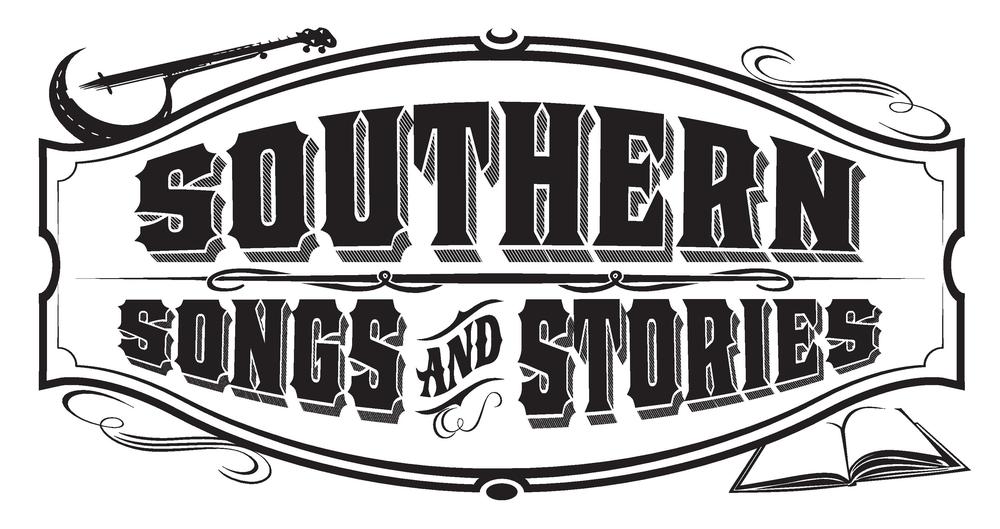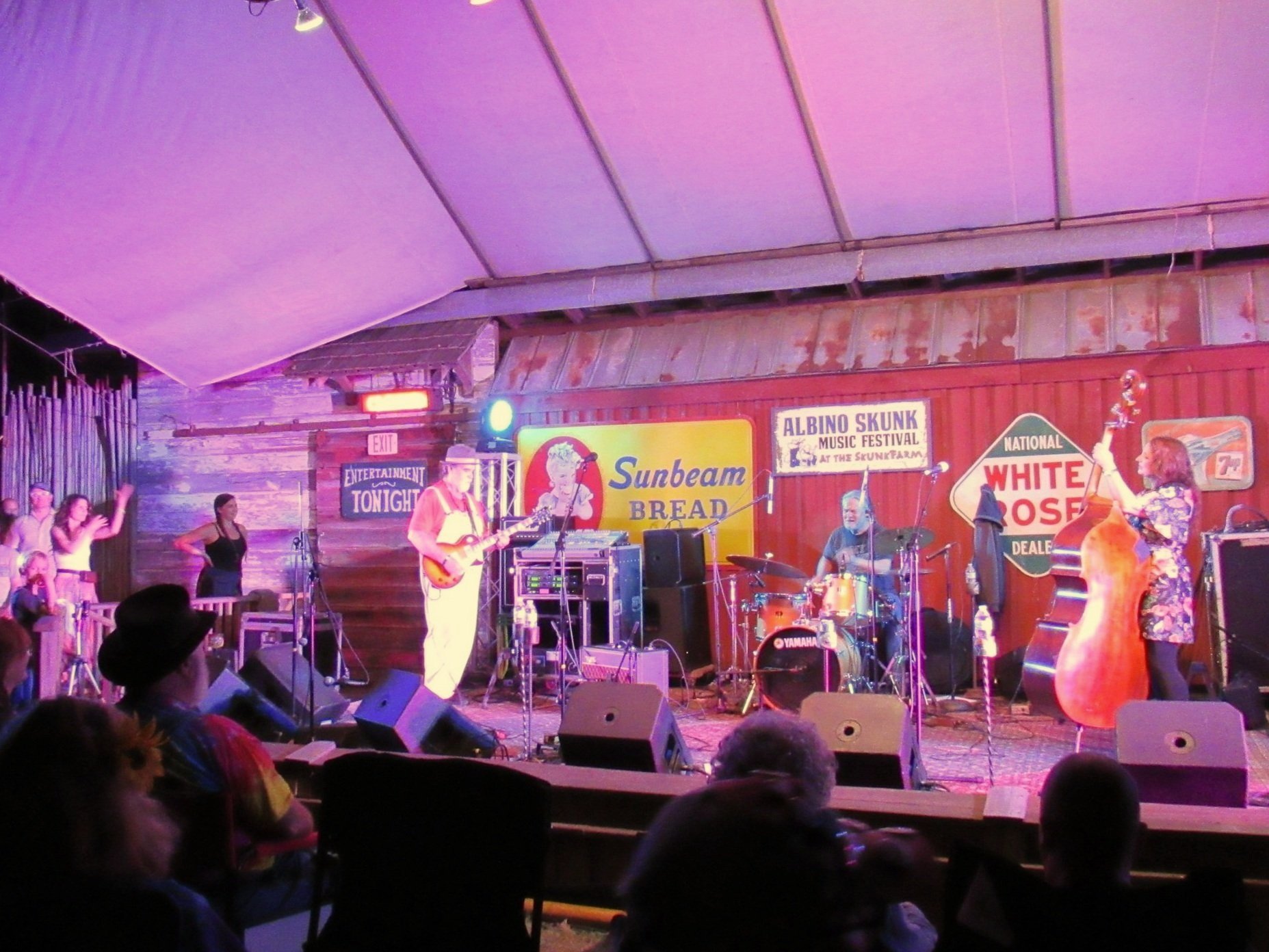Years ago, when the tenth anniversary of the O Brother, Where Art Thou? soundtrack was the topic on my WNCW talk show What It Is, writer and editor Kim Ruehl remarked that the movie made an indelible mark on the music scene by taking heretofore uncool hillbilly music, putting it in the mouth of George Clooney, and exposing all the punk and rock and roll kids to a style which could be truly offensive. It was a hilarious, spot-on statement, and indeed many a rough hewn, banjo-fronted band was born in the wake of the film’s massive success. O Brother was an inflection point for roots music like old-time and bluegrass, becoming a lens for discovering and interpreting a culture and its go-to musical styles for the broader public, akin to Deliverance a generation before.
Even though banjo sales jumped and the instrument became more prominent in settings both acoustic and otherwise, its perception did not change wholesale throughout our culture. Even though banjos enjoyed a renaissance in places before, like with Bela Fleck and the Flecktones, and would go on to become essential to the sound of folk-pop stars like Mumford & Sons, the instrument was still firmly anchored in music traditions born of its mostly White, Appalachian origin story. But what happens when you realize that story is only part of the history?
Tray Wellington Band performs at the Boonerang Music & Arts Festival 06-18-22 in Boone, NC
The banjo’s origin story, and how it moved into almost exclusively White contexts is touched on in this episode on Tray Wellington. The young artist from North Carolina also talks about his new album, Black Banjo, where he takes the instrument into a musical territory that borders bluegrass, old-time and jazz, while never staying so long in any one place that things get predictable. Tray talks here about how he cut his teeth playing at old-time music jams as well as other banjo players he looks up to, plus his love of making rap beats on the side. That and more at the link below and on podcast platforms everywhere.
Songs heard in this episode:
“Strasbourg/St. Denis” by Tray Wellington, from Black Banjo
“Gibbous Moon” by Tray Wellington, from Uncaged Thoughts, excerpt
“Naima” by Tray Wellington, from Black Banjo, excerpt
“Half Past Four” by Tray Wellington, from Black Banjo, excerpt
“Wasted Time” by Tray Wellington, with Tim O’Brien, from Black Banjo
Thank you for listening to this episode, and we would be even more grateful were you to share this with someone. It is super easy to follow us on your podcast platform of choice, and then it will only take a minute to give it a good rating, and on platforms with the option, a review. Great ratings and reviews will make Southern Songs and Stories and the artists it profiles more likely to be found by more people just like you.
Southern Songs and Stories is a part of the podcast lineup of Osiris Media, with all of the Osiris shows available here. You can also hear new episodes of this podcast on Bluegrass Planet Radio here. Thanks to Corrie Askew for producing the radio adaptations of this series on public radio WNCW, and to Joshua Meng, who wrote and performed our theme songs. This is Southern Songs and Stories: the music of the South and the artists who make it. - Joe Kendrick


